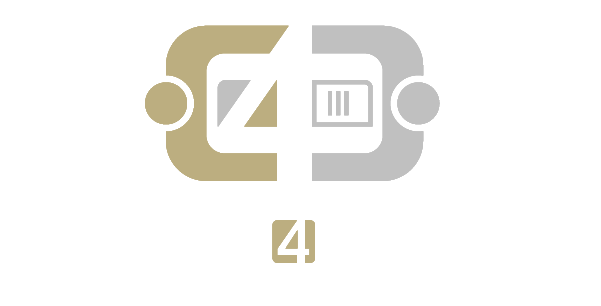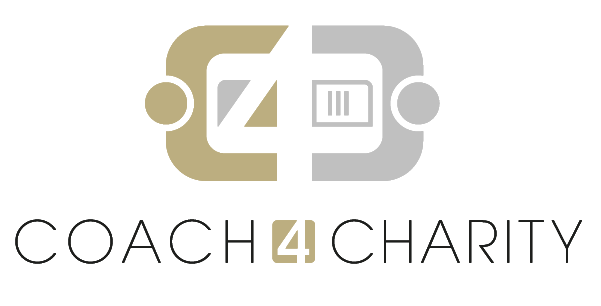
Interview to Dawn Metcalfe, Managing Director at PSD-i in United Arab Emirate since 2010, trainer and coach.
What does a coach do?
A coach works with another person or people to help them get better at something. They play lots of different roles depending on what their coaching partner (I hate the term coachee!) needs from them. It usually involves gathering and giving feedback and asking questions to change perspective. Mostly we get to work with great people who are already superstars at something (otherwise why would anybody invest in coaching them?!) so it’s pretty much a dream job.
How can a coach build trust in a person or in a team?
Coaches can help people become more trustworthy for sure but not through “falling exercises” or getting people to jump off walls – I’m scared of heights and literally wouldn’t trust my family to catch me! Instead, trust comes from vulnerability. Being real. Admitting that we’re all humans and so subject to certain “design flaws”. This doesn’t mean letting people get away with things but just having empathy.
Trust is also about your purpose – what are you really about? What do you really want? If I believe that your purpose is to build a strong team then I’m more likely to trust your hiring decision.
And this is connected to the third element of trust – the level of disconnect between the “real you” and the “you” they experience – if you’re saying one thing to one group of people and then behaving differently with another then you’re certainly not building trust.
Can you describe your ‘Hard Talk’ program?
HardTalk is the joy of my life! In some ways I’ve been working on this programme since leaving home at 17 – I’m a languages graduate and I’ve spent my whole adult life in “foreign” countries, often in very remote areas so being able to communicate effectively has always been high on the list of things I care about. About 7 years ago I started to teach a short programme around difficult conversations but it was frustrating as I hadn’t enough time to really focus and put together something capable of profoundly changing the understanding and actions of my clients when faced with these situations. I mean, it was a good training course but it didn’t have the depth of research that has gone into HardTalk. I could literally talk for hours about HardTalk but I’ll limit it to saying that it’s a 3 day, modular, blended programme designed to help individuals and teams have the difficult conversations that make a difference to results – for people and organisations. We have worked very hard to make sure that it’s “sticky” using techniques developed by a Duke university neuropsychologist before, during and after the face-to-face training including offering 1-2-1 and team observations and coaching.
Could you indicate your most important or special coaching experiences?
My first coach was a very special experience. I was leaving the public sector and moving to the private sector and I’d just experienced quite a lot of turmoil in my life as I’d been very ill for about a year. I was lucky enough to work with Peter Burditt who is, as most people in the coaching world will know, an extraordinary coach and genuinely lovely human being. I wasn’t, I think it’s fair to say, what Peter was expecting and his support and wisdom over the years is something I’ll always be grateful for.
The second experience that comes to mind is the most disastrous coaching engagement I took on. The gentleman in question was determined to treat every session with me like a job interview – you could practically see the cogs in his brain turn as he tried to work out the best way to present himself in a good light. It made me realize that if you can’t be vulnerable you can’t be helped. And the best leaders know they need help. I’m not advocating softness or even always being vulnerable but knowing it’s a choice you can make is important. We talk about this a lot in HardTalk, actually, and call it the rules of Adulting. The first rule is “you can make any decision you like but you must live with the consequences” and the second rule is “every action is a decision”.
Is there a difference coaching a public organization from a private one?
I think organisational culture plays a role and so, to the extent that there is a difference in culture, generally speaking, between public and private organisations I’d say yes. But ultimately, I think you can coach anywhere – it’s really much more about the individual’s attitude to the coaching than anything else. I like to talk about some things being impossible to train but possible to learn and by that I mean that, as hard as a coach or trainer or facilitator works, real skill development takes a lot from the individual.
Do you think that digital coaching could also work or the results can come only from a live empathic communication?
I used to think that remote coaching could only work if you’d met the person in real life first and had a relationship with them. And I still believe that helps but, of course, it is possible to build empathy remotely – particularly if you’re using video. It’s work though – you have to really think about what you’re trying to achieve and, in my experience, it’s important to check in regularly to see what could be improved.
What is the coaching project you are working now? (I mean the one you want to talk about…)
I’m really excited by two things in the business right now. The first is, obviously, HardTalk! But the second is PDSi Kids. This is being headed up by a colleague of mine, the fantastic Chantel Ritjma who works with individual young people and groups helping them to get through the sometimes tricky times that can appear before we’re quite ready and preparing them for successful adulthood. In fact, I’m hoping we’ll be able to combine the two things and deliver HardTalk in schools – knowing how to manage your emotions (not repress them!) and so your behavior seems like a pretty useful life skill to have?!







